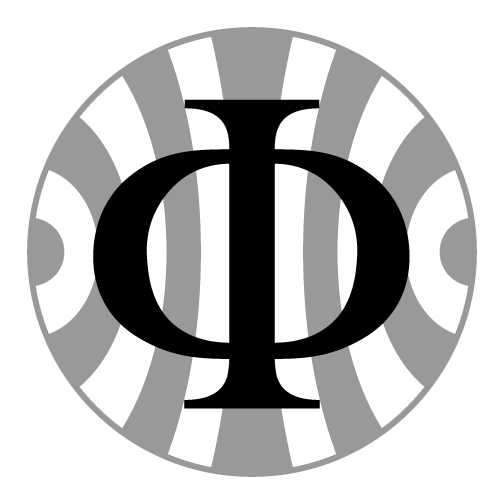The physics of particle detectors
The course focuses on the physics of particle detectors. There is a variety of particle detectors, which exploit different aspects of the interaction of particles with matter to measure various properties of the particles themselves: their momentum, their energy, their velocity, their identity, etc. The working principles of gas detectors, silicon detectors, scintillators, calorimeters, and other detectors will be discussed. We will also see how many different detectors are combined into the modern high-energy physics experiments to cover wide-scope physics programmes.


The ALICE Time Projection Chamber (left), Monolithic Active Pixel Sensors (center), and lead tungstate crystals used in the CMS ECAL (right).
The lecture is now fixed on Wednesdays, 14:00 - ~15:30, in room INF 227 / SR 1.404.
The journal club takes place on Fridays, 12:30 - 13:30, in room INF 226 / Golden Box
Registration:
Übungsgruppenverwaltung PhÜ (here)Lectures:
Journal Club:
The journal club NEW homepage can be reached here.Participants:
master and bachelor students in physicsPrerequisite:
PEP5Structure:
The course includes the lectures and a journal club. The lectures take place on Wednesdays, from 14:00 to 15:30, in room INF 227 / SR 1.404. The journal club takes place on Friday, in INF 226 / Golden Box, at 12:30. We strongly encourage participation to the journal club: we learn to critically read and discuss scientific papers about detectors and experiments, and learn a lot more in the discussions, beyond the reading of the papers.Lectures: Silvia Masciocchi
Journal Club: Peter Glaessel, Dirk Wiedner, Silvia Masciocchi
Journal club special:
within the journal club, we will organize a few visits to laboratories in Heidelberg where new detectors are being developed and built, and a visit to the GSI research center in Darmstadt.Thesis opportunities:
Bachelor and master thesis topics are always available with me and my group:- we build GEM chambers for the largest ever GEM TPC!
- we analyse data from ALICE at the LHC!
- we do phenomenology work in collaboration with the theory department in Heidelberg!


